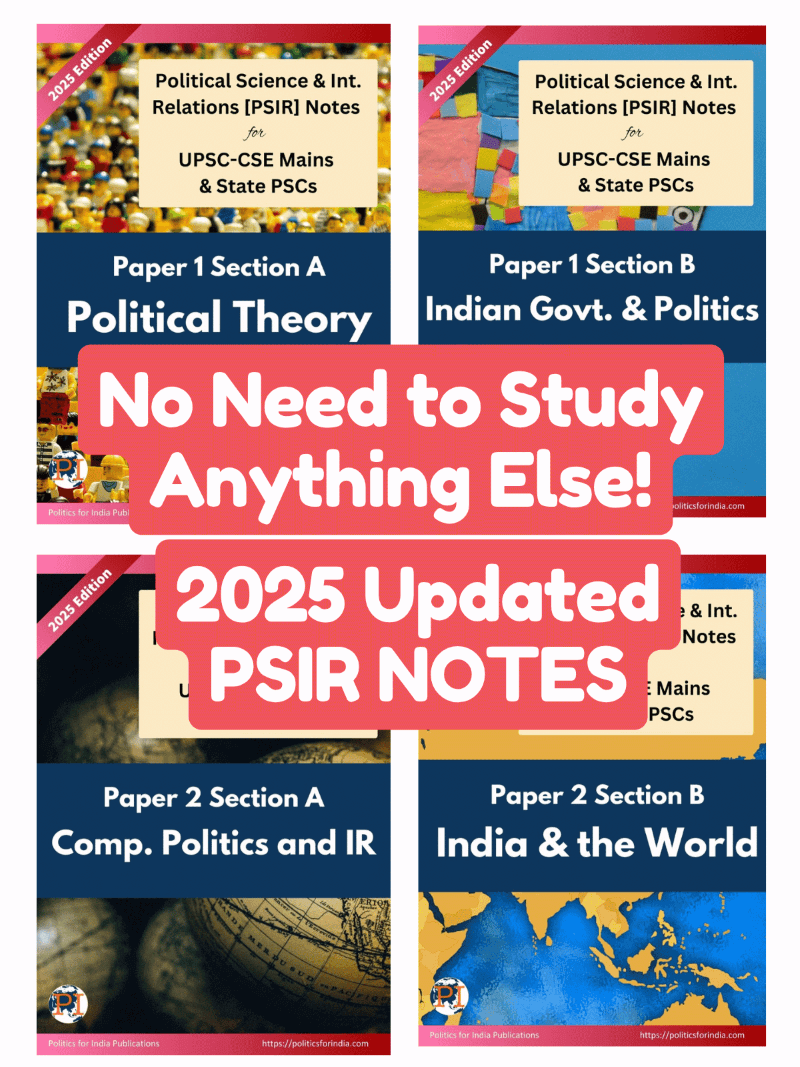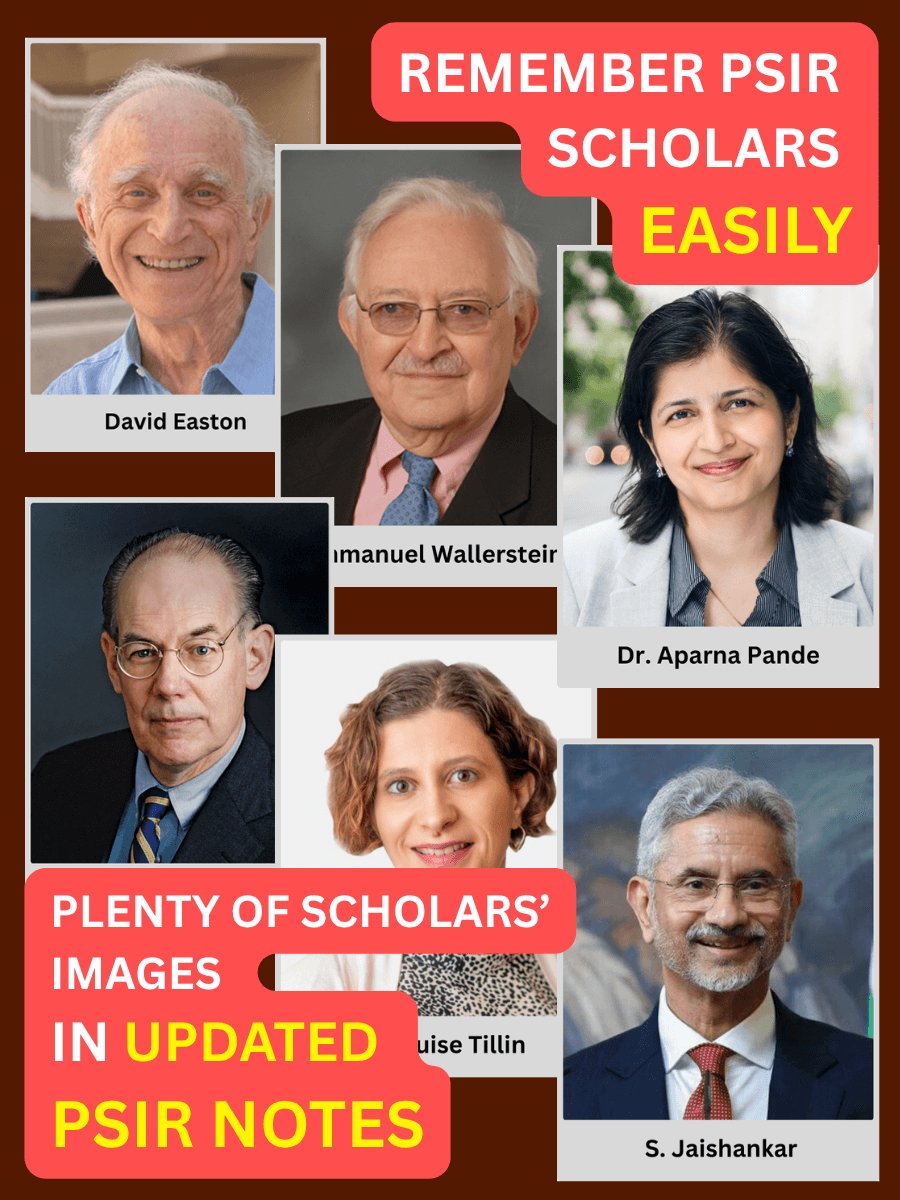Since the end of cold war, ethnic movements and ethnic conflicts have become the prominent political conflicts. According to Horowitz, since 1990s research on ethnic issues has become the core field in social science research.
Ethnicity can be defined as a sort of collective consciousness which can be due to common dissent, language, religion and history. Ethnicity is at the core of the idea of nation. However, there can also be multi ethnic nations. While European nations have been homogeneous, based on common language, India, USA are multi-ethnic nations.
Homogenous nations are cultural (natural) nations, whereas multi-ethnic nations are ‘political nations’. It means, they have to be built politically. For example, Indian constitution provided for a) federalism, b) secularism, c) welfare state, etc., to convert India into a nation. Indian model of nation building is called as ‘salad bowl’ model. Whereas US model is called as ‘melting pot’ model.
1. Ethnicity in India
James Manor in his book Ethnic Politics in India suggests that there can be four ways to describe ethnicity in India.
- Religion
- Language
- Race
- Caste
According to Prof. S D Muni, ethnicity is not a challenge to the territorial integrity because identity markers of Indians are not permanent. Their identities are fluid, can be changed by the political class as per convenience. If sections of Indians can be united on the basis of language, the unity can be broken on the basis of caste or religion.
2. Reasons for Ethnicity in India
1] Co-existence of modernity and tradition. (Rudolph & Rudolph, Atul Kohli, Rajani Kothari). When democracy is introduced in a traditional society, ethnic basis of mobilization is taken by the elites.
2] Charles Taylor – He looks at ethnic movements as assertions by marginalized communities.
3] Neera Chandoke – The attempts by the state to homogenize the population, actions like ethnic mapping make people conscious of ethnic identities.
4] Prof. S D Muni – Ethnicity is not the choice of the people but preference of political parties. Similar views are expressed by Prof. Dipankar Gupta, who says that ethnicity is not a popular passion but the preference of elites in India.
3. Democracy and Ethnicity
Atul Kohli, in his article Can Democracies Accommodate Ethnic Challenges? has given following observations.
Democracy in traditional society leads to mobilization on ethnic lines. The traditional elites fearful of losing their privilege try to mobilize people on ethnic lines. Ethnic challenges, if not dealt properly can create threat to the territorial integrity.
Democracy is one of the factors causing problem but democracy is the only solution also. He has given comparative analysis of different leaders handling different ethnic movements. He appreciates the way Pandit Nehru handled Tamil nationalism. The way Pandit Nehru handled it democratically has subsided the cessations trends permanently. He also appreciates the democratic handling of movement in Assam and Mizoram by Rajiv Gandhi. He is critical of the way Indira Gandhi handled the crisis in Punjab. She preferred coercive methods over accommodation.
Atul Kohli believes that such aspirations should be dealt democratically but it can happen only when the leader at the center has democratic attitude, and the ruling party at the center is strong enough to take strong decisions. (If the position of party is weak because of lack of sufficient majority, it may create challenges in handling such movements democratically.)
Sarkaria commission suggests that ethnic movements are never ethnic movements purely. There is overlapping political and economic aspirations. It suggests democratic decentralization as the way forward.










